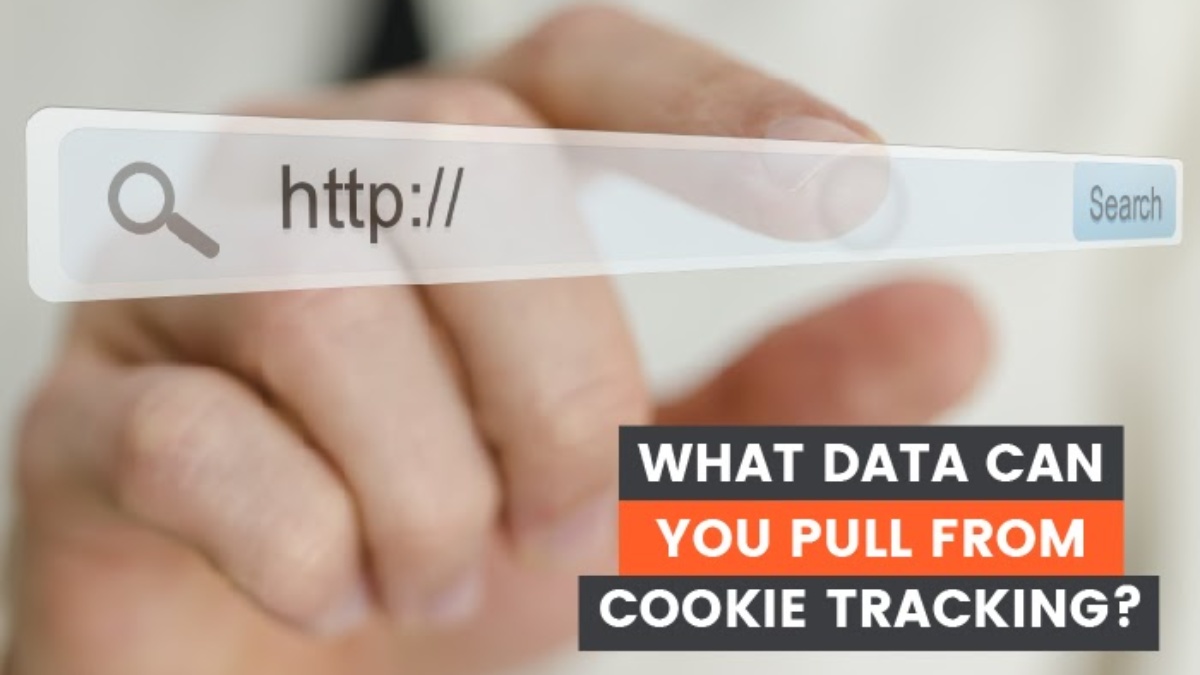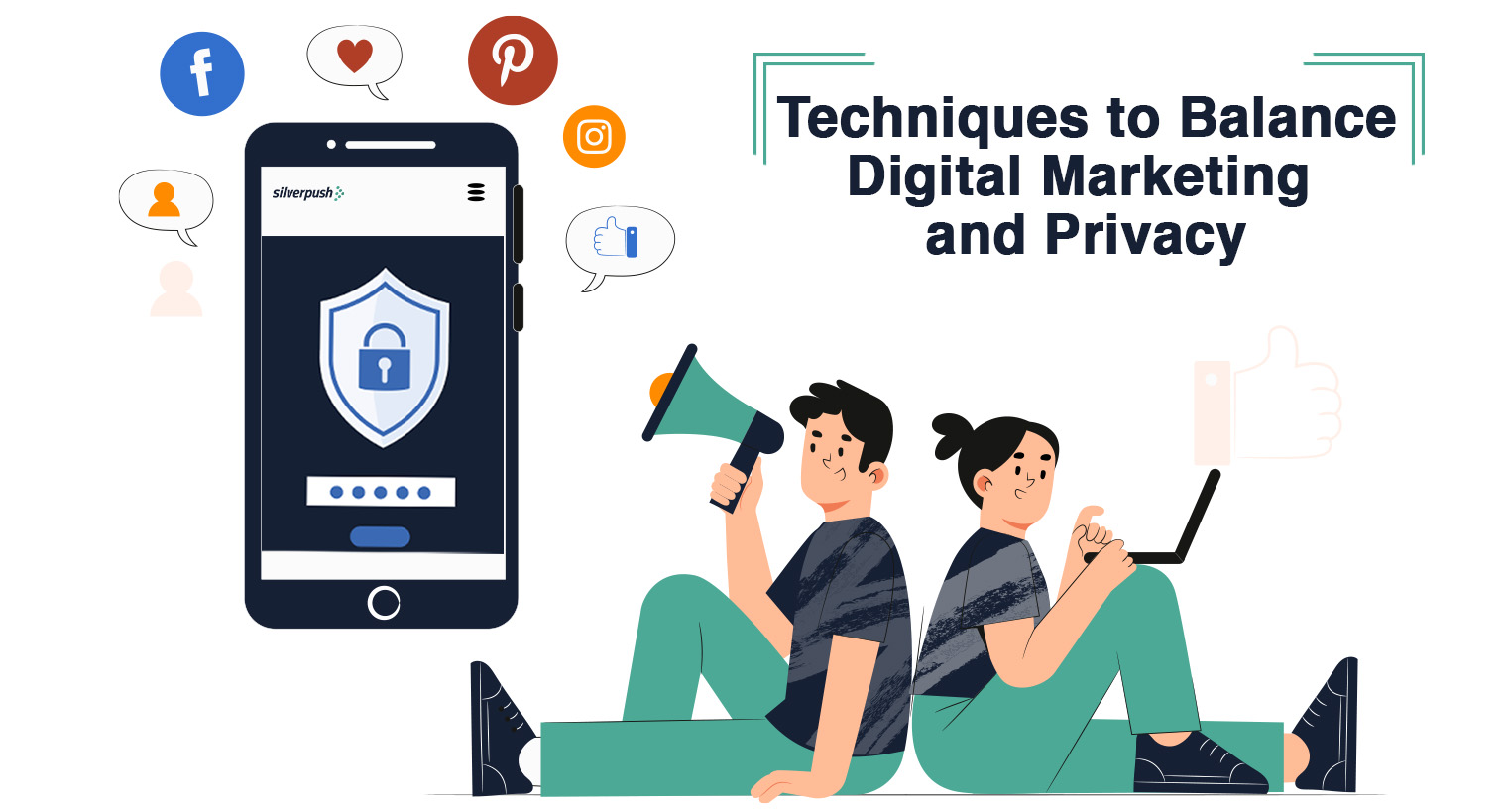
The Cookie Conundrum: Navigating Online Privacy in the Digital Age
In today’s digital landscape, cookies have become a necessary evil—at least that’s how many of us view them. As I navigate from one website to another, I can’t help but feel inundated with notifications regarding cookies and data tracking. It’s as if the internet has taken on a personality of its own, demanding our consent before we even dive into the wealth of information available to us.
 Understanding the complexities of internet cookies
Understanding the complexities of internet cookies
Websites like Yahoo and AOL have built their empires on the foundation of personalized experiences. They use cookies—those little files that sit on our devices—to tailor content and advertisements to our unique preferences. This practice raises questions about our privacy and the value we place on our data. When I click on “Accept All”, what am I really consenting to?
The Duality of Convenience and Privacy
Accepting cookies seems like a small price to pay for convenience. However, beneath this convenience lurks a more complex reality. I recall a recent experience where I was bombarded with ads for a product I merely searched for online. The immediacy of targeted advertising felt invasive; it’s a reminder that our digital footprints are never quite as private as they seem. I often wonder how many of us understand the implications of these cookies, and if we’re sacrificing our privacy for a few moments of convenience.
Take a moment to ponder: when we accept cookies, we’re not just allowing companies to store information about our preferences. We’re also giving them a green light to track our every click and scroll—not just on their sites but across the entire internet. It’s a level of surveillance that feels unsettling, almost Orwellian at times. What troubles me the most is how much control I genuinely have over my data. Choosing to click on “Manage Privacy Settings” often feels like finding a needle in a haystack.
 The challenge of managing privacy settings on various platforms
The challenge of managing privacy settings on various platforms
Understanding Our Choices
Considering all of this, we are left with a fundamental question: how do we navigate this intricate web of data privacy? Yahoo and its partners do provide options to customize our settings, such as “Reject All” or configuring our preferences via the “Privacy and Cookie Settings” link. However, I’ve often found that these settings can be convoluted and not user-friendly. During one of my attempts to streamline my online experience, I realized I had unintentionally accepted cookies from more than two hundred partners.
The complexities of digital marketing and advertising are multi-faceted. While companies argue that this targeting is what makes their platforms free or low-cost, it feels like a trade-off that many aren’t fully aware of. We’re sold the idea that personalized advertising enhances our experience, but I argue it often feels like a personalized invasion instead.
A Call to Action for Greater Transparency
As digital citizens, we must demand greater transparency from companies. Implementing policies that prioritize user privacy is essential, and these companies need to be held accountable. Shouldn’t we have clearer options and a more straightforward dialogue regarding how our data is used? Instead of vague terms and conditions, we deserve simple explanations: “Here’s what we track, why we track it, and how it benefits you.”
Furthermore, a shift in consumer behavior is crucial. When I actively decided to opt-out of personalized ads, the change revealed a more randomized browsing experience. Surprisingly, I found it refreshing. The absence of constant reminders of my online shopping history added a layer of mental relief, one that I didn’t know I was missing.
 The digital marketing landscape fraught with privacy concerns
The digital marketing landscape fraught with privacy concerns
Striking a Balance
Does this mean we should shun all cookies? Not necessarily. It’s vital to strike a balance between convenience and privacy. Brands that prioritize customer trust and transparency will ultimately emerge as the leaders of tomorrow. Education on these digital practices must be widespread. Only through this knowledge can we make informed decisions regarding our online presence.
Conclusion
Navigating the world of cookies requires vigilance. My experiences and realizations have prompted me to become a more intentional internet user. I’ve learned to question the status quo while appreciating the conveniences that come with a data-driven internet. In the end, it’s about empowering ourselves with knowledge and exercising our rights as users. After all, it’s our data—let’s treat it with the respect it deserves.














